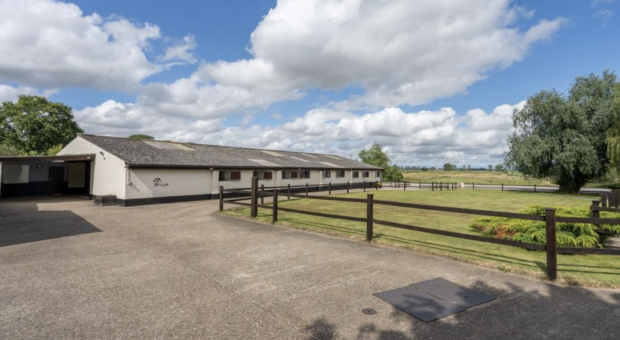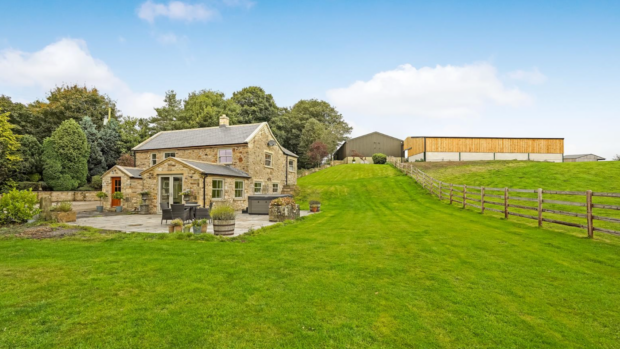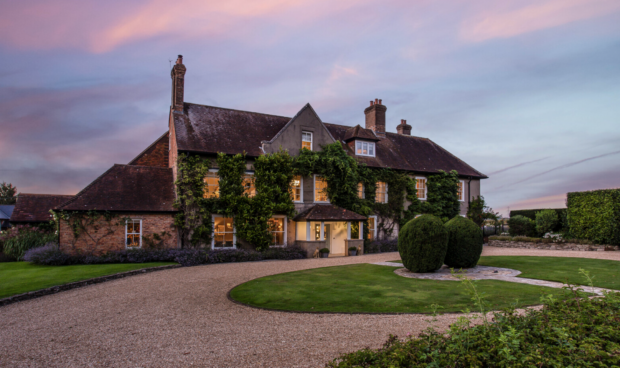When a home changes hands, its usually the buyer who views many places and then selects the one he or she likes best. With small country estates, the opposite often holds true. As they would when selling a beloved horse, owners of these properties have been known to vet prospective buyers to ensure their precious homes end up in the best possible hands.
But then good estates are more than just houses. They are a slice of the countryside, the promise of better quality of life, great riding country and a sporting dream all wrapped together in one place. So it is hardly surprising that sellers have no shortage of prospective buyers to choose from, even though the market is somewhat quiet at present and this kind of property requires deep pockets.
To acquire a good home with suitable acreage, well-heeled riders have to fend off competition from shooting and angling aficionados, vintage car enthusiasts and even aspiring winemakers.
The type of buyer who can afford a small estate is often selling or has sold a reasonably large house in London, and the change in direction to the country means he can buy a lot more for his money, says Robert Fanshawe of Knight Frank. He is moving out for a better quality of life, with his eye on some sporting action.
Demand is strongest for substantial houses with at least 20 acres that can accommodate several interests. The equestrian wife or daughter may have a strong desire for land, stableyards, outdoor schools and cross-country courses, while dad will want fishing on good rivers or lakes, hilly ground with woodland for shooting and large outbuildings to store boats or cars, says Diana Rowell of Churchill Country & Equestrian.
Most country estates have a few boxes, plus some outbuildings and paddocks, which will satisfy most with an equestrian passion, according to Sam Butler of Butler Sherborn. But larger set-ups are harder to find. If youre looking for 20 loose boxes, an outdoor arena and an indoor school, the search becomes more specialised, says Butler.
However, most small estate buyers are amateur rather than professional riders, so a large yard will be less critical than a good location. As George Windsor Clive points out, other factors, such as the quality or prestige of the local hunt, can have a bearing.
The amount of land on offer is also important. Fanshawe finds estates with mature woodlands are especially popular, followed by well-fenced mature pasture. But arable land comes at the bottom of the pecking order because the barriers to entry in this field are higher.
Good accommodation, buildings, pasture, mature woods and a good location are the best selling points for a small estate, he says.
Homes with all these attributes are hard to find. Paul Dixon of Robert Leech & Partners thinks its partly because many estates have been broken up in the past and they can be prohibitively expensive. Rowell, who is based in West Sussex, quotes upwards of £1 million in her area, Butler says a small estate in the Cotswolds with around 25 acres, a good house, a cottage and some equestrian facilities will fetch £3-£5m, and Fanshawe says the average price for a typical small estate would be £3m. You would be surprised how many people are looking at that level.
That said, prospective buyers often hire professional buying agents, so are unlikely to pay over the odds for property unless it is special. If it ticks all the boxes and is well located, it will sell quickly provided it is not overpriced, says Fanshawe.




